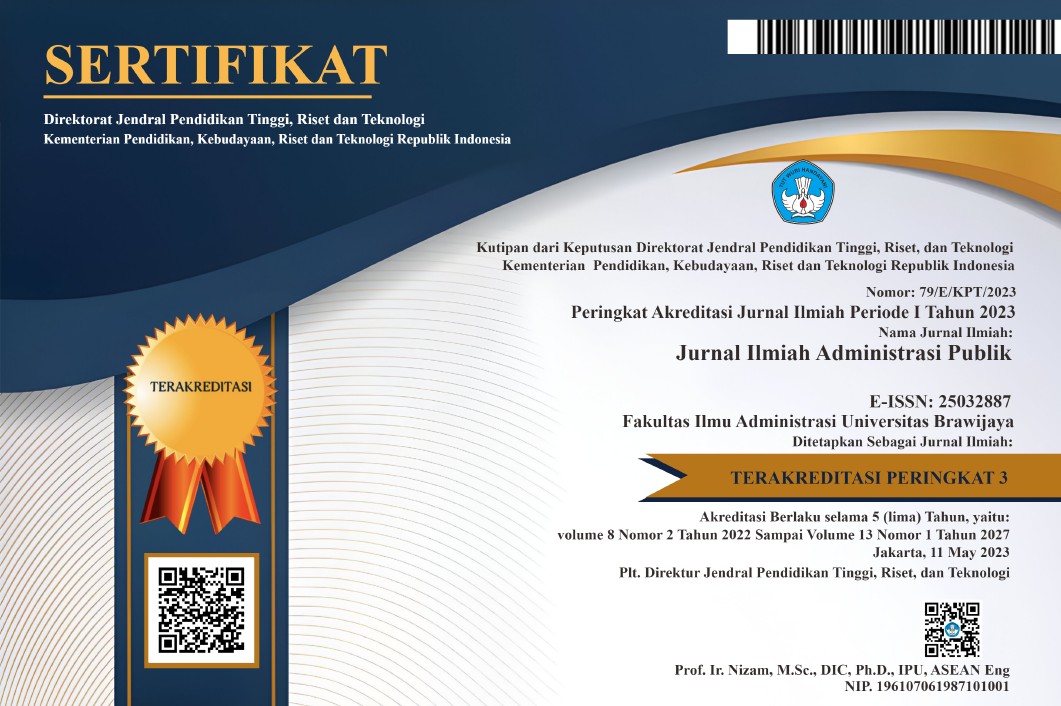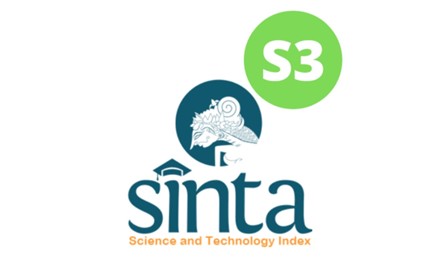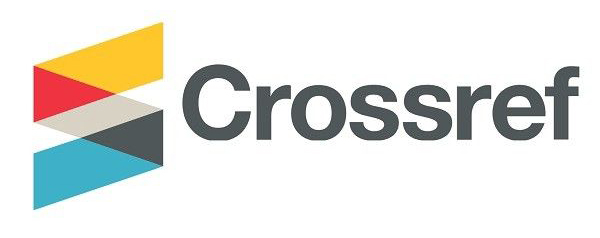Evaluasi Implementasi E-Government pada Sistem Layanan Kesehatan Digital: Studi pada Aplikasi JakSehat
DOI:
https://doi.org/10.21776/ub.jiap.2023.009.03.5Keywords:
e-government; sistem layanan kesehatan; JakSehatAbstract
Since the COVID-19 pandemic, the digital healthcare system has been a prominent element of e-government agendas. JakSehat emerged to implement e-government in Indonesia's health service system. This study aims to evaluate the adaption of e-government services on JakSehat, using digital service evaluation criteria from Alshawi & Alalwany (2010), namely technical, economic, and social issues. The evaluation is significant due to the enormous investment put in by governments to deliver the best public services. This research used a digital qualitative approach to collect data from the Google Play Store. The data was analyzed using a word cloud to map and assess the evaluation criteria. The results show that digitalization in the JakSehat application has yet to provide effectiveness and efficiency in healthcare services from the public perspective.
References
Alshawi, S., & Alalwany, H. (2010). E-Government Evaluation: Citizen's Perspective in Developing Countries. Information Technology for Development, 15(3), 193-208. https://doi.org/10.1002/itdj.20125
BertelsmannStiftung. (2023, 10 23). Digital-Health-Index. Retrieved from BertelsmannStiftung: https://www.bertelsmann-stiftung.de/de/unsere-projekte/der-digitale-patient/projektthemen/smarthealthsystems
Bérut, C., & Saurugger, S. (2023). Digital Technologies As a Response to Healthcare System Crises: Agenda-Setting of Digital Health Policies in France. French Politics, 21(3), 227-248.
Bryda, G., & Costa, A. P. (2023). Qualitative Research in Digital Era: Innovations, Methodologies and Collaborations. Social Sciences, 12(10), 570. MDPI AG. Retrieved from http://dx.doi.org/10.3390/socsci12100570
Crismantika, A. (2023). Pelayanan Kesehatan Melalui Aplikasi Jaksehat Dipuskesmas Kecamatan Cipayung Jakarta Timur. Universitas Nasional.
Depaolo, C. A., & Wilkinson, K. (2014). Get Your Head Intothe Clouds:Using Word Clouds Foranalyzing Qualitativeassessment Data. Techtrends, 38044.
Eschenfelder, K. R., & Miller, C. (2007). Examining The Role Of Website Information In Facilitating Different Citizen-Government Relationship: A Case Study Of State Chronic Wasting Disease Website. Government Information Quarterly, 24, 68-88. https://doi.org/10.1016/j.giq.2006.05.002
Ganiem, L. M., & Agustina, A. (2023). Cyber Public Relations Strategies For Enhancing Public Engagement: A Case Study Of Koja Hospital Instagram. Athena: Journal Of Social, Culture, And Society, 1(3), 116-129. https://doi.org/10.58905/athena.v1i3.104
Goodstats.Id. (2023, Mei 22). 5 Aplikasi Kesehatan Terbaik Indonesia 2023. Retrieved From Goodstats: Https://Data.Goodstats.Id/Statistic/Pierrerainer/5-Aplikasi-Kesehatan-Terbaik-Indonesia-2023-Mmwrx
Huda, M., & Yunas, N. S. (2016). The Development of E-Government System In Indonesia. Jurnal Bina Praja, 8(1), 97-108. https://doi.org/10.21787/jbp.08.2016.97-108
Kemenkes. (2021, Oktober 07). Transformasi Digital Bidang Kesehatan : Strategi Jangka Panjang Atasi Pandemi Covid-19. Retrieved From Sehat Negeriku: Https://Sehatnegeriku.Kemkes.Go.Id/Baca/Rilis-Media/20211007/4038678/Transformasi-Digital-Bidang-Kesehatan-Strategi-Jangka-Panjang-Atasi-Pandemi-Covid-19/
Layne, K., & Lee, J. (2001). Developing Fully Functional E-Government: A Four Stage Model. Government Information Quarterly, 18, 122-136. https://doi.org/10.1016/S0740-624X(01)00066-1
Lee, B.-K., Lee, E. H., & Lee, T. (2023). The Effect Of E-Government Website Evaluation On User Satisfaction And Intention To Use: The Mediating Role Of Warmth And Competence Judgment On Government. Information Communication And Society, 1868-1889. https://doi.org/10.1080/1369118X.2022.2041701
Matavire, R., Chigona, W., Roode, D., Sewchurran, E., Davids, Z., Mukudu, A., & Boamah-Abu, C. (2010). Challenges Of Egovernment Project Implementation In A South African Context. The Electronic Journal Information Systems Evaluation, 13(2), 153 - 164.
Méndez-Rivera, C. A.-T.-R., Patiño-Toro, O., Valencia-Arias, A., & Arango-Botero, D. A.-A.-B. (2023). Factors Influencing The Adoption Of E-Government Services: A Study Among University Students. Economies, 11(9), 225. https://doi.org/10.3390/economies11090225
Merdeka.com. (2022). Survei: Publik Belum Puas dengan Kinerja Pemprov DKI. Retrieved From Merdeka.com: https://www.merdeka.com/jakarta/survei-publik-belum-puas-dengan-kinerja-pemprov-dki.html
Meslamani, A. Z. (2023). Technical And Regulatory Challenges Of Digital Health Implementation In Developing Countries. Journal Of Medical Economics, 26(1), 1057-1060. https://doi.org/10.1080/13696998.2023.2249757
Muñoz, L. (2014). Inclusion Strategies In Public Administrations: Experiences From Regional Governments In Spain. In K. J. Bwalya, K. Moahi, & P. M. Sebina, Digital Access And E-Government: Perspectives From Developing And Emerging Countries. Hershey: IGI Global.
Neupane, A., Soar, J., Vaidya, K., & Aryal, S. (2015). Business Law And Ethics, The Potential For Ict Tools To Promote Public Participation In Fighting Corruption. Canberra: IGI Global.
Pardede, G., & Hakim, E. F. (2021). Digital Health 2021. Lexology: Law Business Research.
Sabrina, A. (2023). Inovasi Digitalisasi Pelayanan Publik Pada Aplikasi Jaksehat Di Puskesmas Kecamatan Pasar Rebo Tahun 2023. Universitas Nasional.
Svärd, Proscovia. (2017). Enterprise Content Management, Records Management and Information Culture Amidst e-Government Development. Chandos Publishing
Tran Pham, T. (2023). Government Administrative Capacity, E-Government Performance And Citizen’s E-Government Adoption: Evidence From A Transition Country. Transforming Government: People, Process And Policy, 17(3), 443-458. https://doi.org/10.1108/TG-09-2022-0120
Wang, L., Bretschneider, S., & Gant, J. (2005). Evaluating Web-Based E-Government Services With A Citizen-Centric Approach. Proceedings Of 38th Annual Hawaii International Conference On Systems. Hawaii.
Younus, M., Pribadi, U., Nurmandi, A., & Rahmawati, I. Z. (2023). Comparative Analysis of E-Government Development Index: A Case Study Of South Asian Countries. Transforming Government People Process And Policy, 17(4), 525-574. https://doi.org/10.1108/TG-05-2023-0068
Downloads
Published
Issue
Section
Categories
License
Copyright (c) 2023 Jurnal Ilmiah Administrasi Publik

This work is licensed under a Creative Commons Attribution-NonCommercial 4.0 International License.
If your paper is accepted, the author identified as the formal corresponding author for the paper will receive an email prompting them to login into Author Services; where via the JIAP Author Licensing Service they will be able to complete the license agreement on behalf of all authors on the paper.















